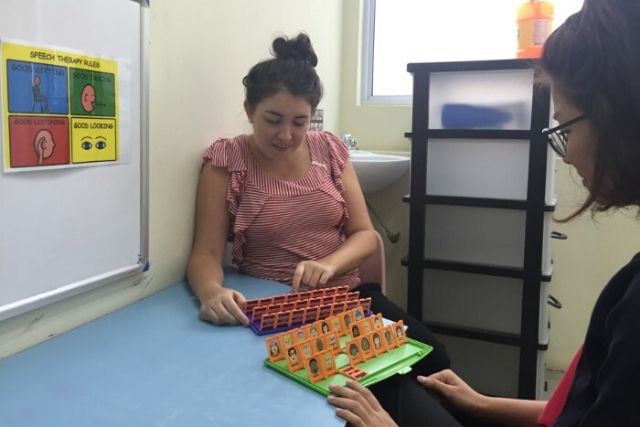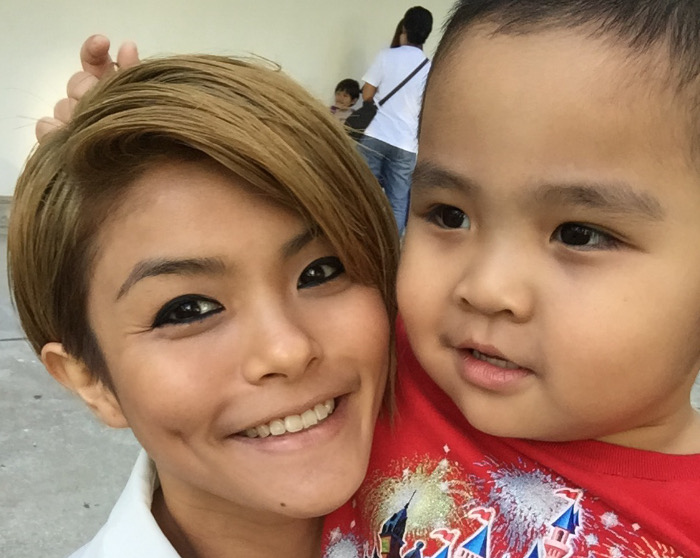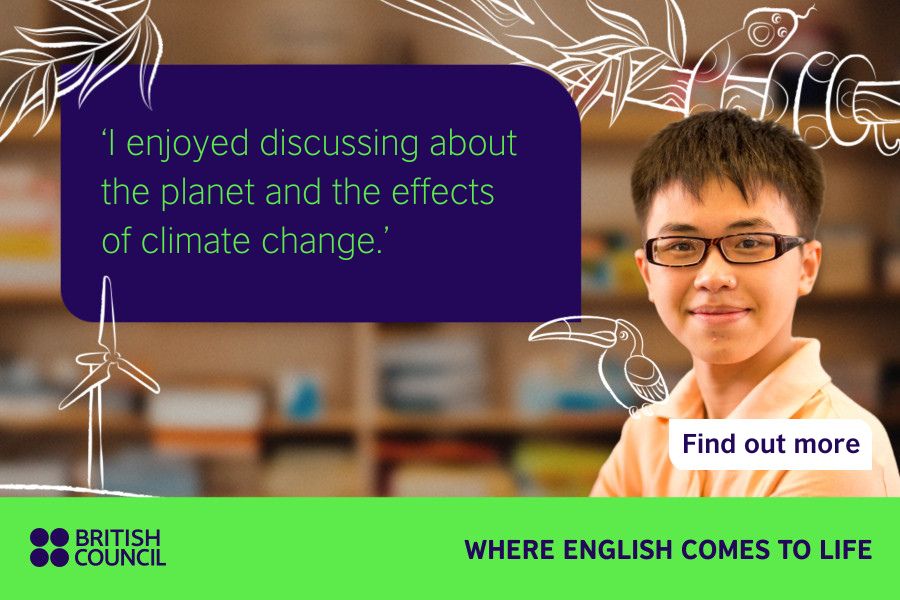Ever wondered what does a Speech Therapist or Occupational Therapist do? We find out more from a Speech Therapist and an Occupational Therapist from THK Therapy Services.
What is a Speech Therapist?
 Fionnuala Devlin, a Speech Therapist at THK Therapy Services – THK Children Therapy Centre
Fionnuala Devlin, a Speech Therapist at THK Therapy Services – THK Children Therapy Centre
A Speech Therapist (ST) is an allied health professional who deals with the assessment and management of speech, language, communication and swallowing difficulties in all age groups.
Who do I work with?
A Paediatric Speech Therapist at THK Therapy Services works with children with:
- Speech delays and disorders including articulation, phonology and motor speech disorders.
- Language delays and disorders, including expression and comprehension in oral and non-verbal contexts
- Fluency disorders, including stuttering.
- Voice and resonance disorders
- Swallowing and feeding disorders
- Cognitive-communicative disorders including social communication skills, reasoning, problem solving and executive functions.
- Pre-literacy and literacy skills including phonological awareness, decoding, reading comprehension and writing.
- Communication and swallowing disorders related to other issues. For example, hearing impairments, developmental conditions such as Global Developmental Delay, learning disabilities, Autism Spectrum Disorders, Down Syndrome and Cerebral Palsy.
Where I work?
A Paediatric Speech Therapist at THK Therapy Services can work in a variety of contexts and environments such as:
- Therapy Centre
- Mainstream Preschool
- Special schools
- Early intervention centres (EIPIC)
What do I do?
As an ST in THK Therapy Services, I work in both clinic-based and community-based settings. Within the clinic setting, I work directly with children aged between 2 and 16 years. I assess and carry out individualized intervention plans. These sessions can be conducted in either individual or group sessions or with another professional e.g. occupational therapist.
Within the community setting, I am currently working with one of our community partners in an early intervention centre especially for children with Autism Spectrum Disorder (ASD) aged between 2 and 6 years. Intervention in this setting is provided through a transdisciplinary approach with the teachers. This involves the sharing of roles across disciplines. I would demonstrate goals and/or strategies to the teachers who would then continue to implement these goals and/or strategies themselves. Each member of the team is committed to teach, work and learn together to implement co-ordinated services.
During my time so far as a speech therapist, I have encountered many positive experiences. Some of the standout experiences would be helping children who were initially non-verbal (have no words) to progress to using words to communicate. A lot of parents seek help from a speech therapist because they want their child to talk. For some children, this happens and it is a very special experience to be part of. For others, the speech may not come, but what is important is how we work with the families to develop a communication system that can work for that child e.g. using pictures to communicate, using gestures/signs.
Fionnuala’s advice to parents
Seek help early if you have concerns regarding your child’s development. When you visit your child’s paediatrician, raise these concerns with them. Or you can seek help from other relevant professionals e.g. speech therapist, occupational therapist. Early intervention has proven results – the earlier your child can receive the services they require, the more time there is to influence positive learning outcomes.
What is an Occupational Therapist?
 Ciadhra O’ Loughlin is an Occupational Therapist at THK Therapy Services – Children’s Therapy Centre in Queenstown.
Ciadhra O’ Loughlin is an Occupational Therapist at THK Therapy Services – Children’s Therapy Centre in Queenstown.
An Occupational Therapist (OT) is a health professional who works with people with difficulties which are impacting on their ability to complete activities of daily living independently in their everyday life. A children’s OT assists children to gain the functional skills necessary for play, learning, gross and fine motor skill, self-care, and socialising at home, school, and within their community environments.
Where I work?
- Therapy centre
- Mainstream schools
- Special education program school (SPED)
- Early intervention program for infants and children centre (EIPIC)
Who do I work with?
Here in THK Therapy services the OT works with children with the following conditions:
- Autism Spectrum Disorder (ASD)
- Sensory Processing Disorder (SPD)
- Dyspraxia
- Attention Deficit Hyperactive Disorder (ADHD)
- Global Developmental Delay (GDD)
- Learning Disabilities and difficulties
- Cerebral Palsy
What do I do?
An OT assists children to develop the underlying skills needed for learning and carrying out activities that are important for their development. This is achieved by working on the following:
- Sensory modulation
- Gross motor skills (e.g. bilateral co-ordination, crossing the midline)
- Fine motor skills (e.g. handwriting, dexterity)
- Social skills
- Play skills
- Visual perception
- Self-regulation behaviour
- Cognition
As an OT in THK Therapy Services, I work in both a centre based and a community based setting. Within the centre I assess and provide intervention to children between the ages of 3-18 depending on their needs. Sessions are on occasion run with speech therapists and physiotherapists in an individual or group session.
The therapists in THK Therapy Services are sent out to different settings to further develop their skills. The setting I am in is EDEN children’s centre. A transdisciplinary approach is used in the school, and therefore, all involved in the child’s development (parents, teachers, OTs and STs) are teaching, working and learning from one another to assist the child in reaching their full potential.
I work with many children who have delayed gross and fine motor development. A delay in these areas restricts a child in their play and ability to learn. Working with children to enable them to reach developmental milestones is always a positive experience. I’ve worked with a number of school-aged children who cannot write or whose writing is not at the same standard as their classmates. This not only has an impact on how they are progressing academically but also on their self-confidence so seeing a child advance over the course of intervention is very up-lifting.
Ciadhra’s advice to parents:
Do get a referral for your child to see an occupational therapist as soon as possible if you have concerns regarding the following issues:
- Your child is overly sensitive to sensory input (touch, sound, textures, tastes, sound, and movement).
- Your child is under responsive with decreased reactions to touch, sound, textures, taste and movement.
- Your child’s gross or fine motor skills are developmentally delayed.
Photos courtesy of THK Therapy Services.
This article was first published in The New Age Parents e-magazine.
Like what you see here? Get parenting tips and stories straight to your inbox! Join our mailing list here.
Want to be heard and seen by over 100,000 parents in Singapore? We can help! Leave your contact here and we’ll be in touch.


























































Leave a Comment: